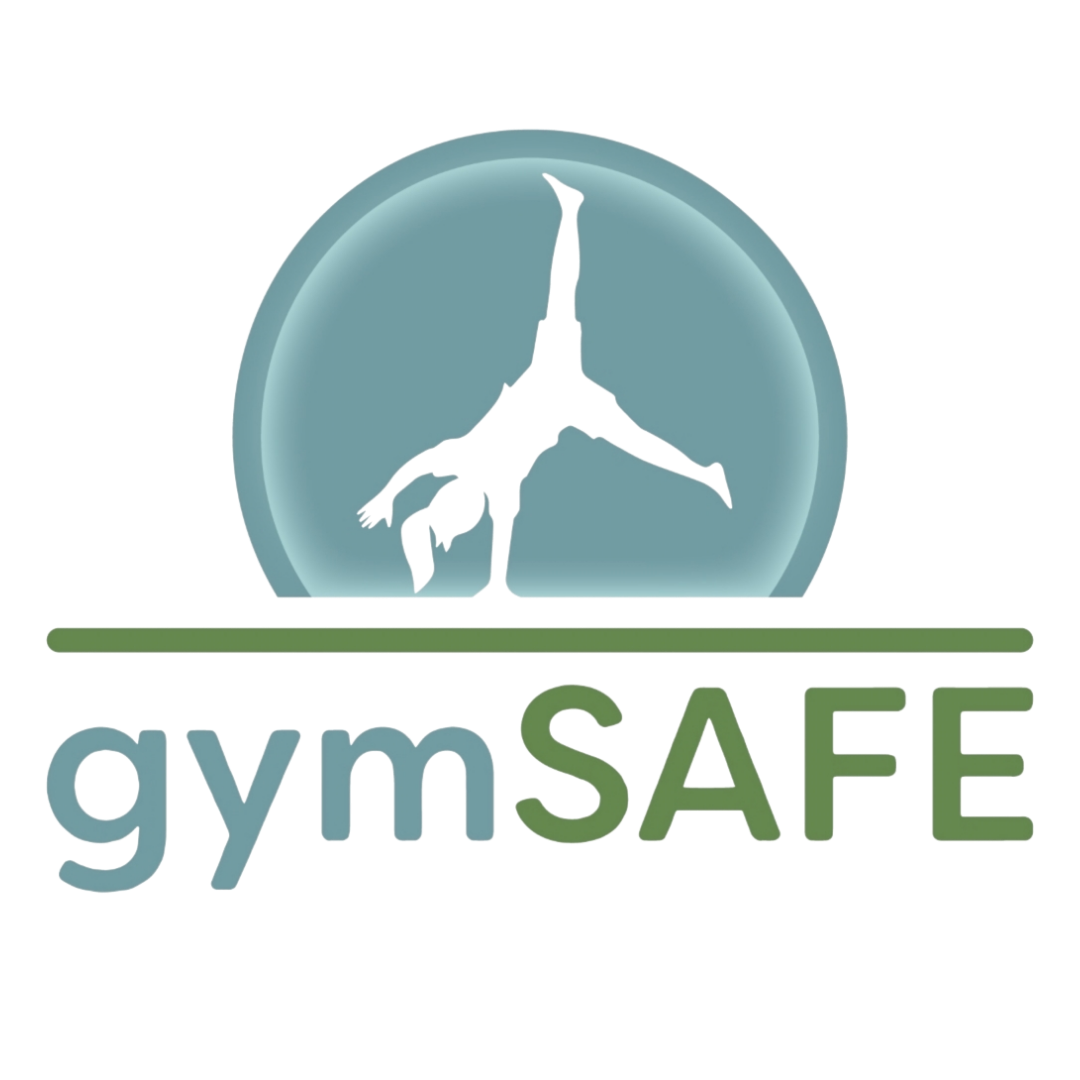I love being a gymnastics coach. Coaching a JO optional team constantly provides me opportunities to be creative, new challenges to solve, and new opportunities to learn from a wide variety of professionals, my own children and their coaches in their respective sports.
I have been reminded of the importance of giving every athlete a voice while watching my daughter’s soccer practice. One of her incredible coaches who constantly praised both the failures “great try!” as well as the successes, was always asking the team, “What did you learn today? What are you going to improve upon for next time?” The girls quickly learned to take responsibility for their training and to speak up when they had an idea that would help the team get better. I also learned the power of my own voice as a coach: What I say, and the tone of voice that I use, can be a powerful tool for building confidence. (Or the opposite: One day my daughter told me through tears that her dance instructor reprimanded her group, saying that the other groups all learned the dance really quickly.) As a coach of high level athletes, I expect that everyone is giving their best effort, and need to remember that each athlete learns at her own pace. Sometimes skills come naturally, and other times things take longer to master.
When my son was in kindergarten, I listened to his (quite gifted) basketball coach talk to the team about the power of a positive attitude and the power of a team. In addition to adopting his positive attitude speech (and inviting him to come work with our gymnastics team) I realized that even though we may compete individually, gymnastics is also a team sport. No gymnast gets to where she wants to be solely on her own: It takes a team! Our Level 10s have a team of supportive teammates, coaches, physical therapists, doctors, nutritionists, mental performance coaches and choreographers all working towards a common goal.
I like to invite various professionals to do clinics with us over the summer. Not only do I pick up new drills and tricks, but the team always works a little bit harder for a clinician and has a lot of fun! Summer is also a great opportunity for us to get outside of our comfort zone, whether it be spending an afternoon learning (and then performing) hip hop with a professional dancer, working with a PT on exercises to protect our backs and knees, or practicing mental tips for staying on the beam with a former collegiate gymnast.
It’s also been helpful to steal those great Pilates and yoga moves from my own practice and take them back into the gym. I know they are effective when the feedback I get from super strong gymnasts is, “Wow, that is really hard!” My own instructors have taught me several things that gymnasts are not so good at (breathing correctly and landing softly being two of them) and I’ve been able to sneak in some exercises with the team to help with those rather critical actions.
I am so grateful for the community of professionals and athletes I have gotten to know through coaching. Together we can all improve and evolve with the sport of gymnastics.
By Courtney Angle Rodgers
Optional Team Coach, Gold Star Gymnastics - Sunnyvale, CA
